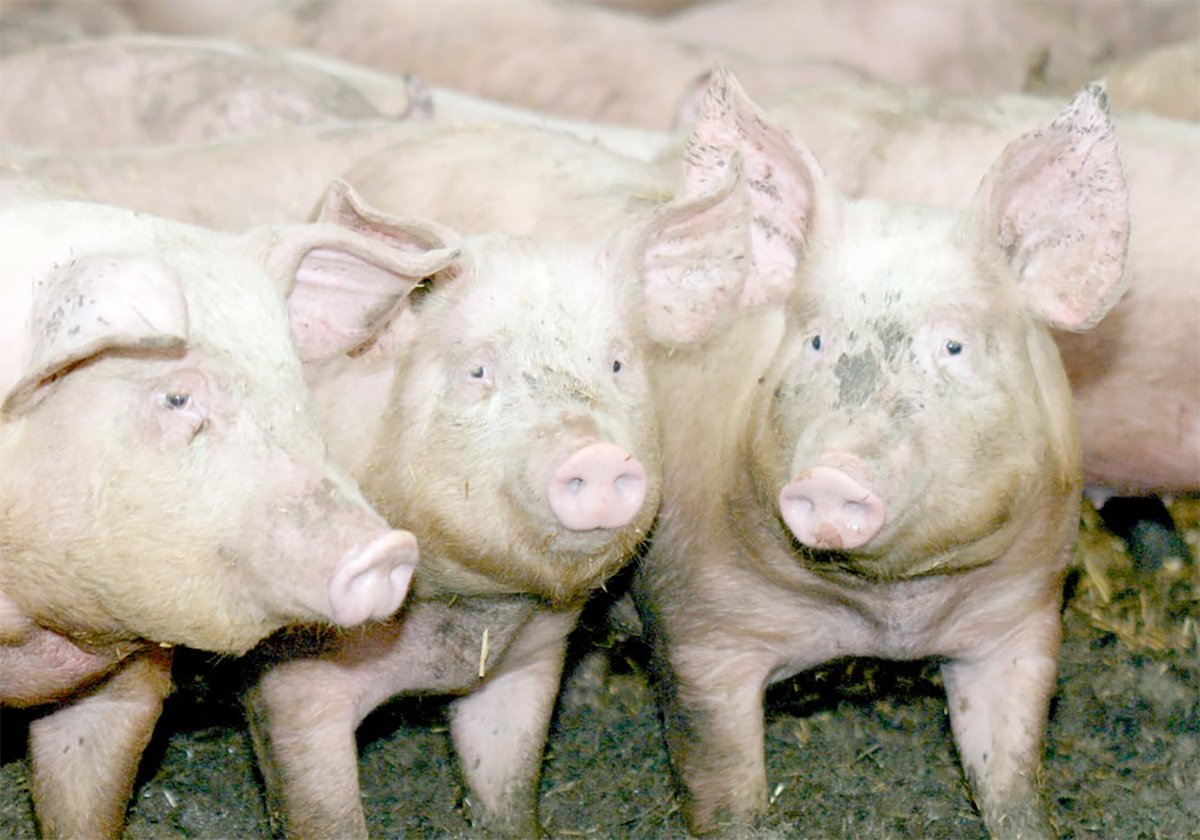Members from all parts of the agriculture industry established criteria that makes sense for their sector
SWIFT CURRENT, Sask. — Sus-tainability presents both a threat and an opportunity for cattle producers, says the president of the global round table for sustainable beef.
That’s because lots of people talk about sustainability but have no idea what it means, said Cameron Bruett, who is also head of corporate affairs for JBS.
It’s a new science, not well understood, causes confusion and means something different depending on who is talking about it.
“It causes a lot of angst, particularly in the cow-calf and feeding sectors of our global industry,” he told the Sask-atchewan Stock Growers Association convention.
Read Also

The Western Producer Livestock Report – November 13, 2025
Western Producer Livestock Report for November 13, 2025. See U.S. & Canadian hog prices, Canadian bison & lamb market data and sales insights.
He said the angst comes from the fact that consumers have notions of what sustainability is, and many of those come from things like Norman Rockwell prints, the famous American Gothic painting and an unending parade of nostalgic images.
“If it’s not this it’s organic,” or grass-fed, or natural, or local, he said.
Consumers increasingly consider niche production systems to be sustainable when compared to large-scale production. Terms such as grass-fed and local imply a higher standard to some, but he said all food starts out locally in the ground or on a farm.
His definition of sustainability is to do more with less. Being more efficient will position the industry to meet demand from the growing population, he said.
“I think we have to remind ourselves that our modern agricultural system is the reason why we have these populations,” Bruett said.
“We have the most efficient, safest, affordable system.”
He takes issue with those who market other choices as superior to conventionally produced food. Many of them are activists with large budgets who vilify agricultural production practices and lobby politicians even though they don’t know which practices are appropriate or not.
Many don’t want to eat beef yet want to set the terms for how producers operate, he added.
Bruett said the global roundtable was developed because too many people were defining sustainability for beef producers without consulting them.
Eighty members from all parts of the industry created a definition that each can use in ways that make sense for them, he added.
“I believe all beef should be considered sustainable, no matter where it’s produced, because the producers are focused on the environmental, social and economic areas of concern.”
For example, everyone should be working on things like water efficiency, he said.
“If we’re all working to decrease our water footprint, focus on getting young people back into agriculture, doing all these things, then ultimately the planet will benefit,” he said in an interview.
“If we’re all focused on the wealthy consumer and how do I get increased margins for my sustainably branded product, that may be the aim of certain companies, but it doesn’t get us anywhere closer to meeting a huge challenge before us.”
He also questioned whether consumers really know what they want when they talk about sustainability. The average family of four in the United States wastes 1,160 pounds of food a year, he said.
“It doesn’t matter what you do in your operation … if they throw 30 percent of the beef in the trash in the family kitchen, what are we doing?” he told the meeting.
Bruett said changing that would require responsibility from consumers who have more than they need and continue to over-consume.
“It’s easier to say the responsibility is yours.”















